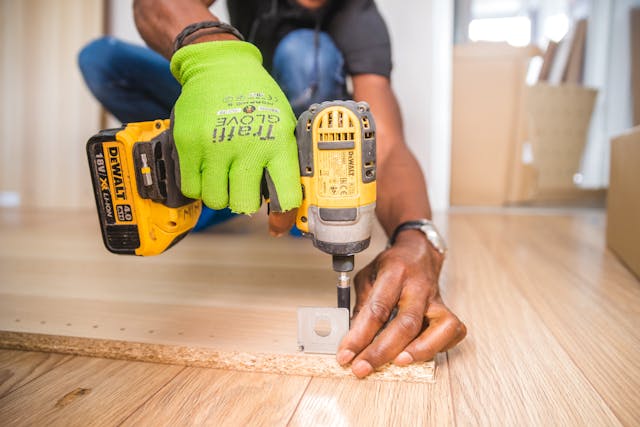
Massachusetts — a state celebrated for education, innovation, and technology — ranks a stunning 46th in the U.S. for new housing production per capita. That shortfall continues to push working families out of the region and contributes to a growing homelessness crisis across the Commonwealth. Housing researchers warn that without major intervention, the state risks undermining its future workforce, tax base and community stability.

According to housing advocates and design leaders, part of the solution is already available but underutilized: modular construction, which relocates much of the building process into a factory environment to speed delivery and cut costs.
By producing units offsite and assembling them onsite, modular techniques can significantly shorten development timelines — without compromising building standards. The approach also creates well-paying manufacturing jobs, improves energy efficiency, and reduces construction waste.
Advocates estimate that 10,000 units of supportive housing are needed to meaningfully address chronic homelessness in Massachusetts. These homes pair affordable rents with essential case management, health care, and mental health services that keep vulnerable residents from returning to shelters or the street.
Early investments are proving what’s possible. A recent example in Worcester delivered 18 permanent micro-units for formerly homeless residents — all while reducing construction time by half and costs by one-third. Built on a compact parcel similar to a traditional triple-decker lot, the development demonstrates that small sites statewide could support large-scale impact.
“Modular construction enables us to do more with less: accelerated timelines, lower costs, fewer delays, and excellent outcomes.”
Despite the promise, experts say three major challenges have slowed widespread adoption:
Modular buildings are often mislabeled as low-quality or temporary. Yet modern facility-built housing can exceed the durability, sustainability, and safety trends of traditional builds — thanks to weather-proof environments, improved quality control, and standardization.
Even though modular meets Massachusetts building codes, local permitting offices sometimes struggle to align existing workflows with factory-certified inspection processes. This lack of clarity can delay projects unnecessarily and add cost.
Government contracting models are typically structured around traditional on-site construction, making it harder for modular developers to compete for publicly funded projects. Without better demand forecasting and procurement reform, manufacturers are hesitant to scale local production capacity.

With budgets tightening and construction costs soaring, leaders say modular innovation is not just attractive — it’s essential. Supportive housing, veteran housing, and workforce housing projects could benefit the most from improved speed and cost efficiency.
The Massachusetts Executive Office of Housing and Livable Communities recently released its Unlocking Housing Production report, calling for:
These recommendations aim to remove roadblocks and give modular developers the certainty needed to open or expand manufacturing capacity in-state.
Industry and nonprofit leaders argue that Massachusetts has everything required to lead the nation — except the alignment needed to leverage modular at full scale.
“We have the policy framework, the private sector interest, and early success stories. What’s needed now is alignment across government, industry, and communities to remove unnecessary barriers.”
Modular construction won’t fix the housing crisis alone, but experts say it is one of the fastest and most scalable tools available to address the state’s emergency-level housing shortage.
“The time to act is now.”
Originally reported by Joyce Tavon | Marc Margulies – Massachusetts Housing & Shelter Alliance | Margulies Perruzzi Architects in BIZ Journals.